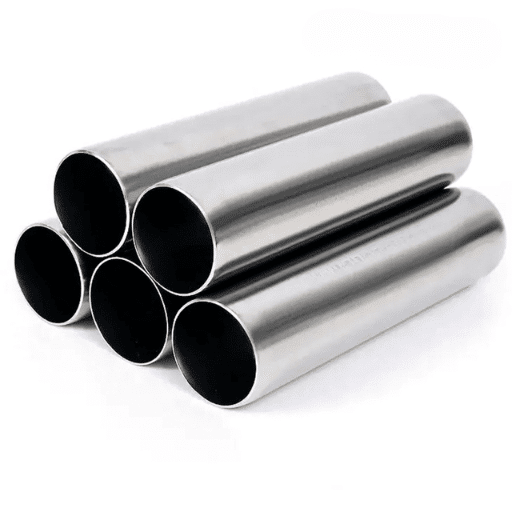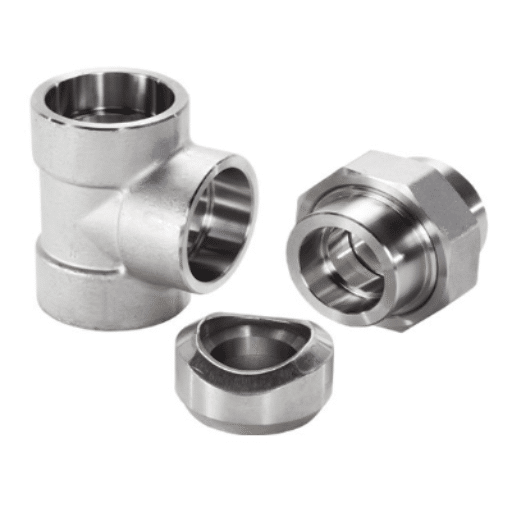Quick Answer: Inconel alloys are generally non-magnetic due to their high nickel content. However, some variations may exhibit weak magnetic properties under specific conditions such as cold working or certain manufacturing processes.
The field of metallurgy brings forth metallic substances with some of the most unique characteristics in nature. Amongst these, Inconel alloys remain perhaps the most exceptional. Their reputation lies in the fact that they boast tremendous durability, resistance to corrosive attacks, and maximum heat resistance. Due to their iron content, they can be found across an array of uses from the aviation industry to refineries.
Introduction to Inconel Alloys
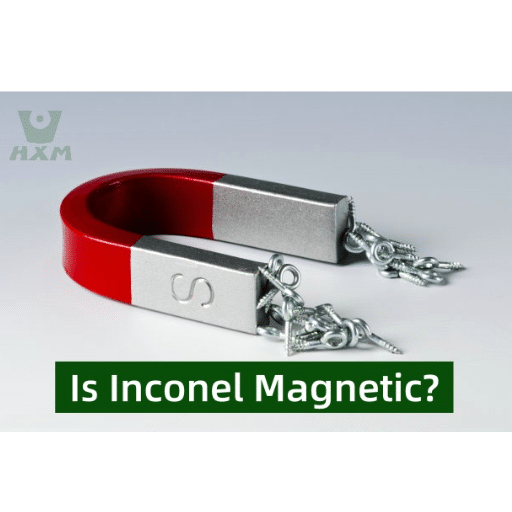
Inconel is one of the high nickel materials, renowned for its high resistance to heat, corrosion, and oxidation. Inconel has become the material of choice for various industries such as aerospace, chemical processing, and marine applications.
Key Characteristics of Inconel
- High Temperature Resistance: Maintains integrity up to 2000°F (1093°C)
- Corrosion Resistance: Excellent performance in harsh chemical environments
- Magnetic Properties: Generally non-magnetic with some exceptions
- Oxidation Resistance: Self-forming protective oxide layer
What is Inconel?
Inconel is a complex family of nickel and chromium corrosion-resistant metallic alloys. The materials in this family of alloys are engineered to withstand high temperatures, stressful conditions, and oxidation. The alloys are utilized in industrial and consumer goods due to retention of design integrity and mechanical strength even at the most demanding temperatures.
Overview of Popular Inconel Grades
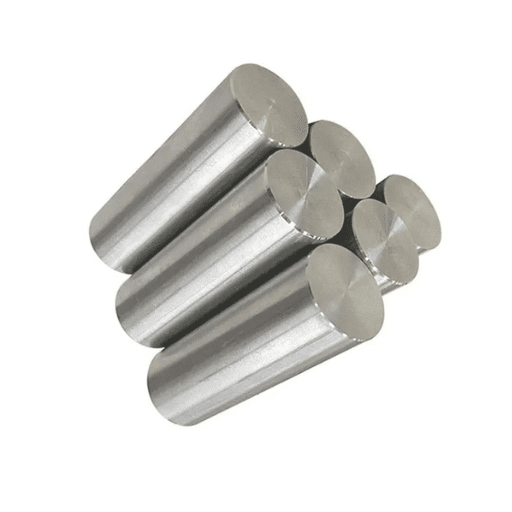
| Alloy Grade | Primary Composition | Max Operating Temperature | Key Applications | Magnetic Properties |
|---|---|---|---|---|
| Inconel 718 | Ni-Cr with Nb, Mo, Ti | 1300°F (704°C) | Aerospace, gas turbines | Weakly magnetic when cold worked |
| Inconel 625 | 58% Ni, 20-23% Cr, 8-10% Mo | 2000°F (1093°C) | Marine, chemical processing | Generally non-magnetic |
| Inconel 600 | High Ni-Cr content | 2150°F (1177°C) | Heat treating, chemical processing | Non-magnetic |
Magnetic Properties of Inconel
General Magnetic Behavior
As a rule of thumb, most grades of Inconel are free from any ferromagnetic properties because of overwhelming quantities of nickel in the alloy. Nevertheless, very little deviations are possible because the alloy composition and thermal processing have their unique specifications.
Factors Influencing Magnetic Properties
- Alloy Composition: Nickel, iron, and chromium content affects magnetic behavior
- Manufacturing Process: Cold working can induce weak magnetism
- Temperature Conditions: Hot or cold conditions can change magnetic domains
- Mechanical Working: Plastic deformation can modify magnetic characteristics
Why This Matters
Inconel’s non-magnetic properties make it highly valuable in applications where magnetic interference must be minimized, such as:
- MRI machines and medical equipment
- Aerospace electronics
- Sensitive electronic devices
- High-frequency applications
Comparison: Inconel vs Other Metals
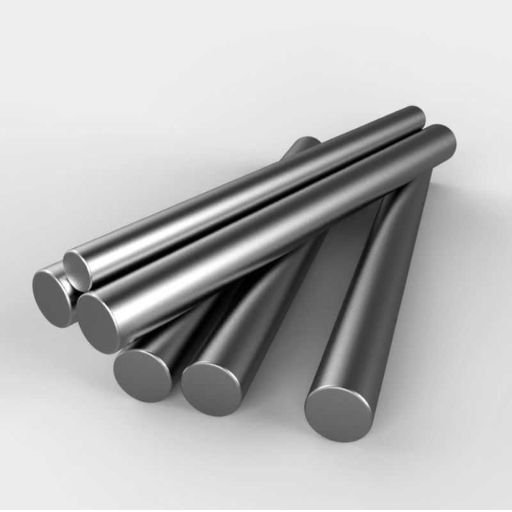
| Material | Magnetic Properties | Temperature Resistance | Corrosion Resistance | Primary Use |
|---|---|---|---|---|
| Iron | Strongly magnetic | Low-moderate | Poor | Construction, automotive |
| Stainless Steel (Austenitic) | Generally non-magnetic | Moderate | Good | Kitchen, medical |
| Inconel Alloys | Non-magnetic | Excellent | Excellent | Aerospace, chemical |
| Nickel | Magnetic | Moderate | Good | Plating, batteries |
Properties of Inconel
Mechanical Properties
- Tensile Strength: Up to 120 ksi (827 MPa) for Inconel 625
- High-temperature strength retention
- Excellent creep resistance
- Outstanding stress rupture properties
Thermal Properties
- Cryogenic Performance: Maintains toughness below -100°C
- Thermal Stability: Controlled thermal expansion
- Heat Treatment: Properly managed to optimize properties
Corrosion Resistance and Durability
Inconel’s exceptional corrosion resistance stems from its ability to form a stable, protective oxide layer on its surface. This unique property enables effective performance in:
- Marine environments (saltwater exposure)
- Chemical processing (acidic and oxidizing conditions)
- Power generation (high-temperature, high-pressure conditions)
Industrial Applications of Inconel
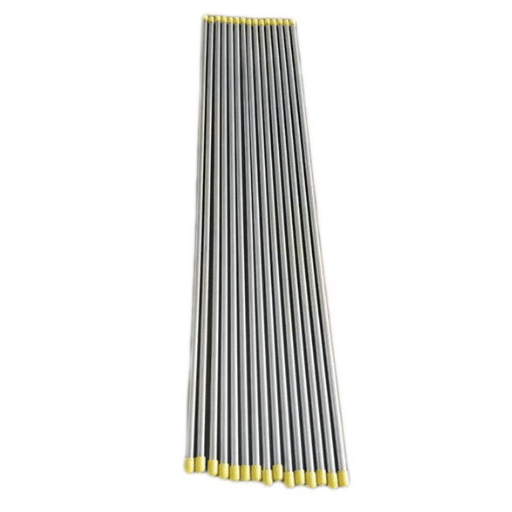
Aerospace Industry
- Jet Engine Components: Turbine blades, seals, exhaust ducts
- Temperature Capability: Maintains properties up to 1300°F (704°C)
- Benefits: High strength-to-weight ratio, oxidation resistance
Chemical Processing Industry
- Equipment: Heat exchangers, reactors, storage tanks
- Acid Resistance: Withstands hydrochloric and sulfuric acids
- Long-term Performance: Maintains integrity under continuous exposure
Marine Applications
- Components: Propeller shafts, pumps, seawater systems
- Seawater Resistance: Inconel 625 particularly stable in brine
- Durability: Extended service life in harsh marine environments
Power Generation
- Nuclear Industry: Steam generators, reactor cores
- Thermal Power: High-temperature components
- Radiation Resistance: Suitable for high-radiation environments
Oil and Gas Industry
- Downhole Equipment: Drill string components
- Corrosion Protection: Resistance to H2S and CO2
- Pressure Resistance: Maintains integrity under extreme pressures
Inconel 718 vs Inconel 625: Detailed Comparison
| Property | Inconel 718 | Inconel 625 |
|---|---|---|
| Primary Strengthening | Precipitation hardening | Solid solution strengthening |
| Operating Temperature Range | -253°C to 704°C | Up to 649°C |
| Primary Applications | Gas turbines, aerospace engines | Marine engineering, chemical processing |
| Corrosion Focus | High-temperature oxidation | Seawater, acidic environments |
| Magnetic Properties | Weakly magnetic when cold worked | Generally non-magnetic |
Welding and Fabrication Considerations
Key Challenges
- Cracking Susceptibility: Prone to hot cracking during welding
- Heat Control: Requires strict temperature management
- Tool Selection: Demands carbide tooling for machining
- Cooling Requirements: Proper cooling systems essential
Recommended Techniques
- Welding Methods: TIG (Tungsten Inert Gas) and laser welding
- Machining: Slow speeds with controlled cooling
- Heat Treatment: Most grades don’t require preheating
Case Studies and Practical Applications
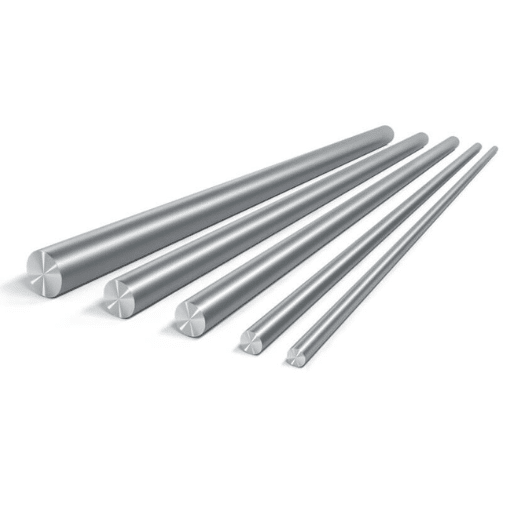
Aviation Industry Success
Application: Jet engine turbine blade development
Challenge: Maintaining performance above 1500°F
Results:
- 15% increase in engine efficiency
- 25% improvement in thermal resistance
- Extended component lifespan
Marine Engineering Project
Application: Deep-sea pipeline systems
Material Used: Inconel 625 for chloride resistance
Achievements:
- Doubled pipeline service life
- 30% reduction in maintenance costs
- Zero corrosion-related failures
References
-
Measurement of Magnetic Permeability in Inconel 625 – Stony Brook University – Provides detailed measurements of magnetic permeability in Inconel 625, confirming its non-magnetic properties.
Frequently Asked Questions (FAQ)
Is Inconel Magnetic?
Inconel as a whole is non-magnetic. For specific Inconel compositions there may be slight magnetism which may or may not exist. This is generally observed in grades which consist of ferromagnetic elements.
What Are the Magnetic Behaviors of Inconel Alloys?
Inconel alloys in the annealed state have a high nickel content and are thus non-magnetic, but depending on the composition, the magnetic properties may vary between the degrees of weak magnetism.
What Is the Effect of Composition on the Magnetism of Inconel?
The elements in Inconel directly alter its magnetic composition. The presence of iron in some variants of Inconel as well as the high nickel content in non-general cases can easily develop magnetic effects.
What Is the Magnetism Difference Between Inconel 718 and Inconel 625?
Inconel 718 is virtually non-magnetic because of its nickel content. Inconel 625 is also made with a nickel base and can also contain minor elements. These minor elements, unlike Inconel 625, make Inconel 718 a little bit of a magnetic material, but are still widely known as non-magnetic.
Are Inconel Alloys in Aerospace Applications Magnetic?
Inconel alloys are generally designed for aerospace applications where corrosion and high strength are major concerns. As a matter of fact, Inconel, including grade into Inconel 625 and 718, have advanced corrosion resistance and high strength elements, which further clarifies that they are designated as non-magnetic material, which is crucial for the aerospace sector.
Can Inconel Become Magnetic Over Time?
Most Inconel alloys are known for their non-magnetism. Interestingly, over time, some alloys become slightly magnetic. This is especially evident in certain Inconel alloys as a result of being exposed to specific environmental conditions or through mechanical influence.
What Are the Advantages of Non-Magnetic Inconel Alloys?
With respect to non-magnetic Inconel properties, the ease of resistance to corrosion and high-heat exposure offers a limitless application in various industrial arenas. The actual benefit of non-magnetic Inconel is specifically recognised in fields where the existence of magnetic Inconel would result in detrimental outcomes.
What is the Contribution of Nickel Content on the Magnetic Nature of Inconel Alloys?
The magnetic nature of Inconel is heavily determined by its nickel content. Non-magnetic characteristics are significantly enhanced with higher nickel concentrations, which means that the alloys are ideal for applications where magnetic interference should be minimized.




